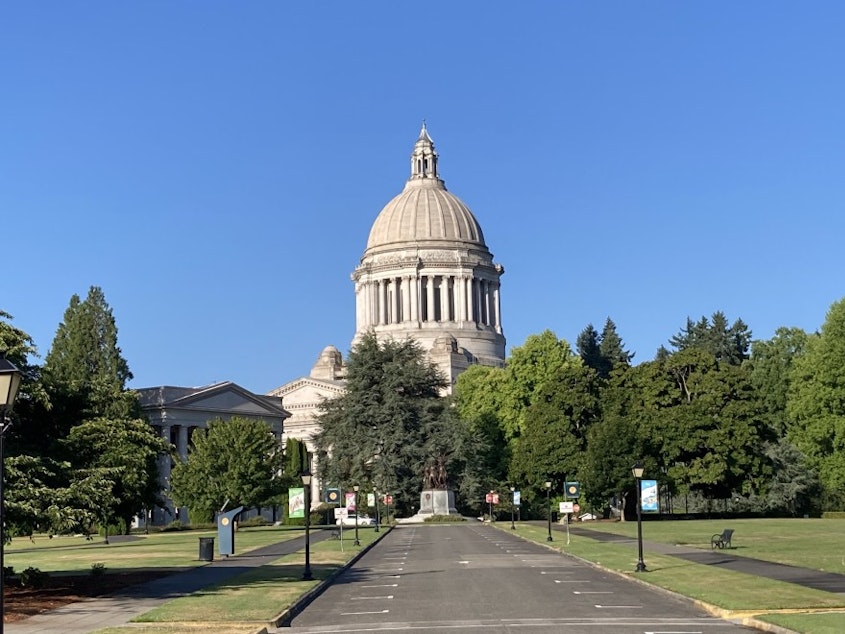WA unemployment bill to benefit unauthorized workers likely won't survive

A bill that would provide benefits for people typically excluded from unemployment has received strong support from workers, immigrant rights organizations, and industry groups. It would create a state-run unemployment assistance program for people like undocumented workers, students on visas, or other people without official work authorization.
But the bill likely won't make it past Friday's legislative deadline.
Representatives from service, construction, and agriculture industry groups, whose fields rely heavily on the groups covered under the bill, have spoken out against it, saying they worry about the potential legal ramification of hiring people without work authorization.
Albert Zepeda is a member of the Washington Farm Bureau and works in HR at an orchard. He said the problem with the proposed law is that once someone qualifies for unemployment through the state run program, it could indicate they aren’t legally authorized to work in the U.S., thus potentially making them unemployable.
Zepeda added that if a former worker at his orchard applies for unemployment, HR would get a notification that the worker is trying to navigate the state run program.
“Why wouldn’t they be part of the regular system?” He said, “That alone tells us there’s something wrong with their authorization to work.”
Zepeda said workers in cities wouldn’t be affected much by the bill. But in rural areas, places where there aren't many employers, or places where workers are overwhelmingly contractors, there would be an impact.
Sponsored
Zepeda added he still believes people who pay into a tax system should receive benefits like unemployment when they need it. But he echoed other industry groups in saying the issue should be taken up at the federal level.
The bill would provide some privacy protections for applicants, which proponents say could be fleshed out down the road.
Sasha Wasserstrom is a policy director for the Washington Immigrant Solidarity Network, which helped shape the bill. Wasserstrom said it didn't garner necessary support in Olympia because legislators thought the bill would cost too much.
“The fact that we're told that there is not enough money to fund this program is a bit of a slap in the face,” they said, “Given that the taxes from these workers have been being collected for years, if not decades.”
A 2021 report by the Employment Security Department estimated around 5,300 workers could benefit from a program like this.




